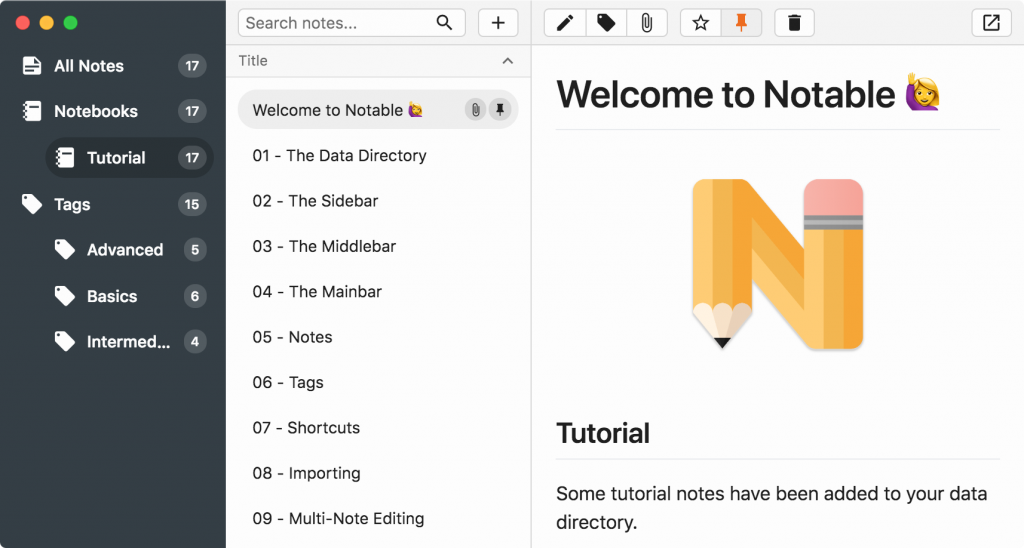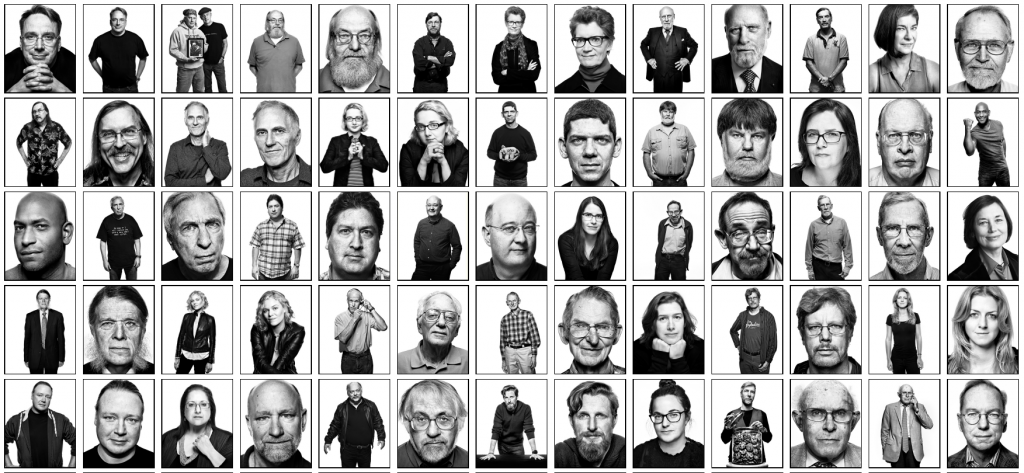
If you are looking for the replacement of the ever-bloating Evernote, check out Notable. It’s an Open Source, cross-platform, markdown-based note-taking application.
Linux is my primary operating system. I used it on the servers, desktops, laptops, netbooks, and even mobile phones since approximately 1997. I’ve tried a number of distributions over the years, and even created a couple myself. I still look around sometimes to see what others are up to. But most of my machines are running some sort of Red Hat – either a quick and easy Fedora Linux, or a stable and secure Red Hat Enterprise Server, or a cheaper CentOS alternative.
And while by now I am very comfortable in the Linux environment (both graphical and command line), I still discover a lot of new and interesting things about it. When I come across something worthy, I usually share it with the rest of the Open Software world, using this category.

“The Book of Secret Knowledge” is a collection of awesome lists, manuals, blogs, hacks, one-liners, cli/web tools and more. It is intended for everyone and anyone – especially for System and Network Administrators, DevOps, Pentesters or Security Researchers.
While you are at it, also have a look at:

Faces of Open Source is an on-going photographic documentation of the people behind the development and advancement of the open source revolution that has transformed the technology industry.
Given the immense contribution of these people to the world around us, I find it surprising that they are so far from the celebrity status and most people in the world won’t know any of these faces. Even people in technology sector itself, won’t probably name even half of these people by the picture alone. For some, even the name won’t mean anything.
Kudos to this project for trying to make these faces slightly more familiar and for giving credit where credit is due.
If you’ve ever written a bash script with variables, and know that it wasn’t your last one, I promise you, you’ll love this wiki page. It covers a whole lot of different ways to expand and manipulate variable values in bash, all on a single, conveniently organized page.

Unix Folklore brings back a few bits of UNIX history from the Bell Labs:
The UNIX operating system, which was created by Ken Thompson, Dennis Ritchie, and others at Bell Labs in the early 1970’s, revolutionized the computer industry in ways that are still felt today. Researchers at Bell Labs continued to develop UNIX (in various forms) for more than 30 years. For most of that time, UNIX researchers shared the same physical lab space which allowed a lot of folklore to accumulate over the decades. The lab is now gone but archivists at Bell Labs saved everything that was in the room – creating a time capsule of computing’s past. These are some of the curiosities taken from the UNIX research lab at Bell Labs headquarters in Murray Hill, New Jersey. Each has its own story – some widely known, others now forgotten.